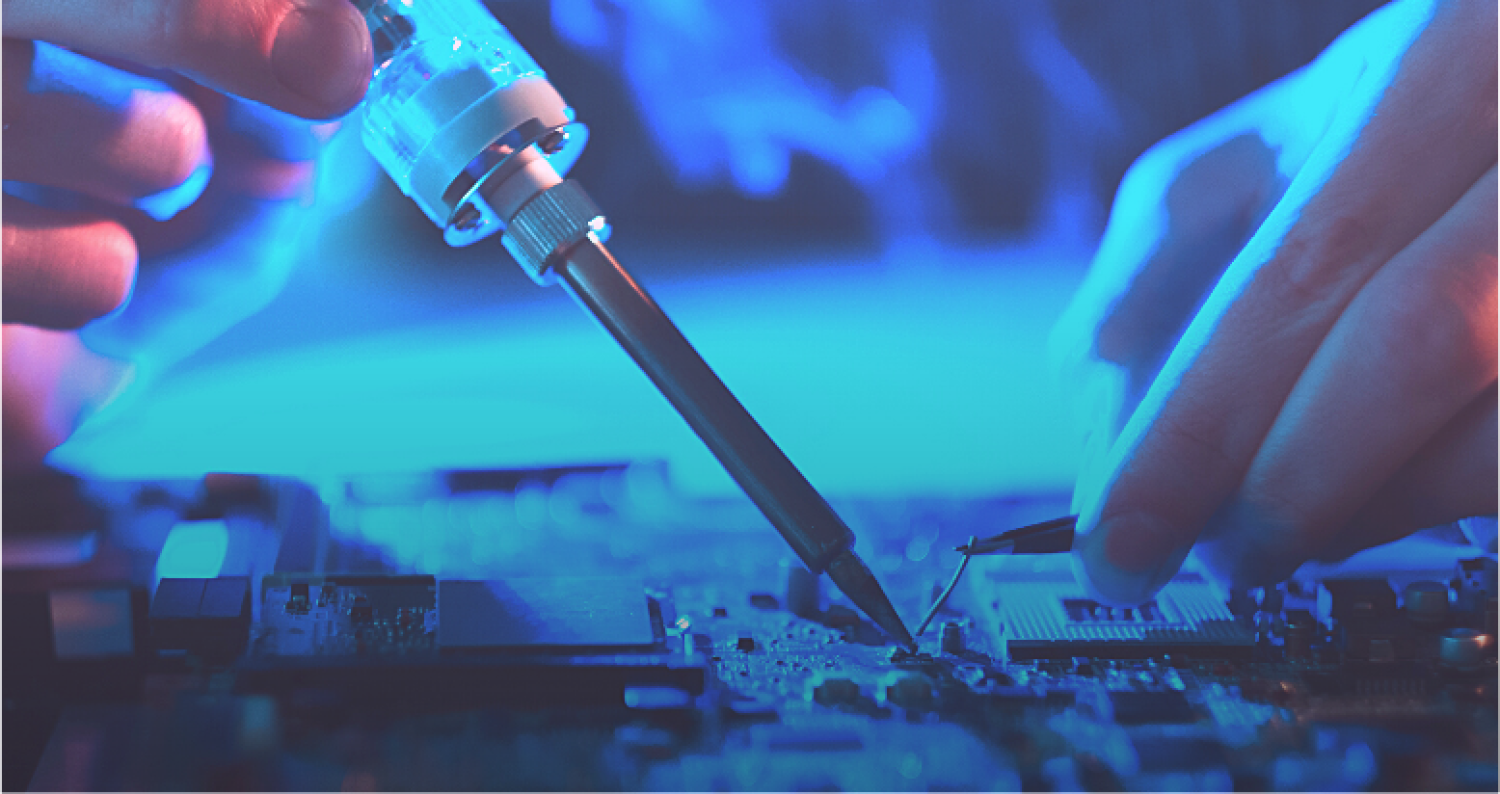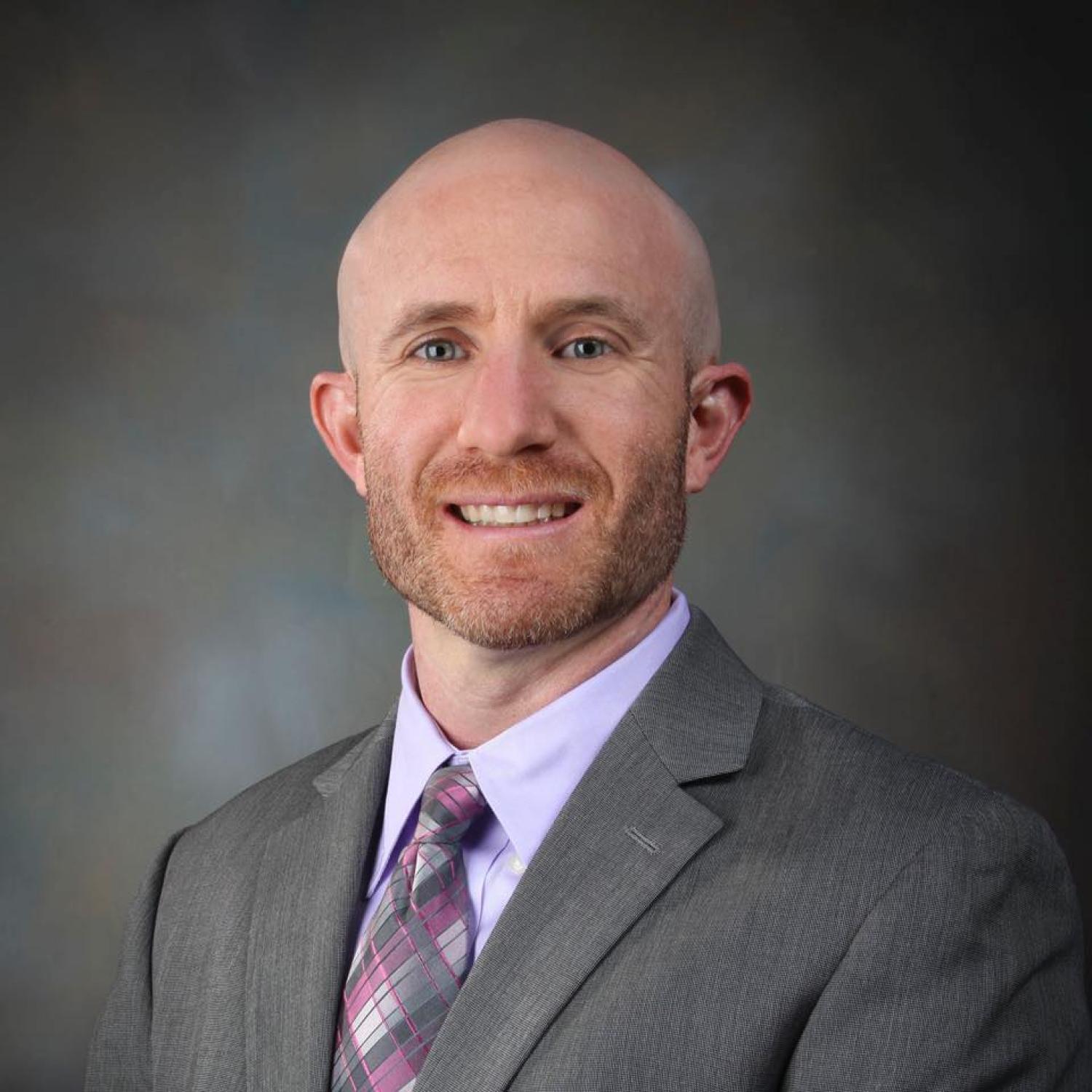Electrical, Computer & Energy Engineering Department News - March 31, 2025

We welcome your submissions for our weekly newsletter for faculty, staff, and graduate students. Please send a brief paragraph with what you'd like included to Carolanne Ayers before noon on Thursday to be included in the following week's newsletter!
Faculty Announcements
Call for Nominations: 2026 Schmidt Science Fellows Competition
It’s time to nominate your most promising PhD candidates for the highly competitive 2026 Schmidt Science Fellows program. This opportunity is open to PhD candidates across all STEM disciplines, including natural sciences (Astronomy, Biology, Chemistry, Physics, Earth Sciences), Engineering, Mathematics, Computing, and related sub-disciplines.
Nomination Deadline: April 16, 2025 at 11:59 p.m. MT
Nomination Form: Submit Here
Comprehensive details on eligibility, nomination procedures, and additional resources are available within the form.
Upcoming Online Briefings:
Dr. David McAllister, Director of Selection and Outreach, will host two virtual briefings for prospective candidates. Fellows will participate in Q&A sessions to share insights about their Fellowship experience. Faculty and institutional staff involved in the nomination process are also encouraged to attend.
Session 1: 📆 Tuesday, April 1, 2025 | ⏰ 9 AM GMT+1 / 10 AM CEST / 4 PM SGT / 7 PM AET
Register Here (For audiences in Africa, Asia, Europe, and Oceania)Session 2: 📆 Wednesday, April 2, 2025 | ⏰ 8 AM PST / 11 AM EST / 4 PM GMT+1 / 5 PM CEST
Register Here (For audiences in Africa, Europe, North and South America)
A recording will be available for those unable to attend. A sample application form outlining required sections and character limits will also be provided.
For questions or additional support, please refer to the nomination form or reach out to the Schmidt Science Fellows Selection Team.
Upcoming Seminars

Piezoelectric Microsystems for Quantum Information Processing by Matt Eichenfield
📅 Date: Friday, April 4, 2025
⏰ Time: 11:10 a.m. - 12:20 p.m.
📍 Location: ECEE 1B32
Abstract: Piezoelectricity is the intrinsic coupling between electric fields and strain in materials that lack an inversion center of symmetry. We unwittingly encounter piezoelectricity in our everyday lives when doing mundane things like lighting a grill or using an electric toothbrush, but piezoelectricity is also critical for processing information, where it underpins wireless communications, medical and industrial imaging, and more. In this seminar, I will show you how carefully engineered piezoelectric microsystems can even be used to create and control quantum information. For example, my group has developed piezoelectric-optomechanical photonic integrated circuits that can be used to take in a high-power laser, divide it into many channels, and precisely modulate each channel to control an array of atomic or ionic qubits in a quantum computer. We are also using these same piezo-optomechanical photonic circuits to develop quantum computing and quantum networking architectures by using photons to create entangled quantum states of spins in thin, heterogeneously integrated films of diamond containing artificial atoms (so-called color centers). Finally, in another piezoelectric microsystem we have developed, we are developing novel surface acoustic wave phonon lasers and ways of using those phonon lasers, together with large phononic nonlinearity, to create and manipulate exotic quantum states of phonons, which could one day be used to enhance or maybe even replace superconducting circuit quantum processors. Please join me for this seminar, in which I will describe these piezoelectric microsystems my group has developed and show you the myriad ways in which we can use them to process quantum information (and some classical information, too).
Bio: Matt Eichenfield is an Associate Professor and the SPIE Endowed Chair in the Wyant College of Optical Sciences at the University of Arizona, as well as Sandia National Labs’ first Distinguished Faculty Joint Appointee. He is also the PI and Co-Director of the NSF Engineering Research Center, the Center for Quantum Networks. He received his BS in physics from UNLV in 2004 and his PhD in physics from Caltech in 2010, for which his thesis on cavity optomechanics in photonic and phononic crystals won the Demitriades Prize for best Caltech thesis in nanoscience. He became the first Kavli Nanoscience Prize Postdoctoral Fellow at Caltech in 2010 before joining Sandia National Labs as a Harry S. Truman Fellow in 2011, where he founded the Optical MEMS group, which he still leads through his joint appointment. His research at U of A and Sandia spans photonic, phononic, and electronic microsystems in diverse application spaces such as quantum computing, inertial sensing, RF signal processing, and more, focusing on scalability and manufacturability to allow these technologies to be adopted in real-world technologies and applications.
IT News
IT Support
- Teaching Labs (Capstone, Embedded Systems, Power Lab, Optics, RF, Highspeed Measurements, Circuits) IT Support: http://itll.link/servicedesk
- Research Labs License Server Support: support@craftypenguins.net
- Research Computing: https://www.colorado.edu/rc/
- Research License Server (ecee-flexlm-2.colorado.edu): Submit a request to: support@craftypenguins.net
- Conference Rooms ECEE 1B55 & 1B45: Send an email to ECEE IT support: http://itll.link/servicedesk
- IT Service Center: Contact the IT Service Center (303-735-4357 or help@colorado.edu) for help with all OIT services including email and IdentiKey, Internet connectivity and other technology-related questions.
- Buff Techs Desktop Support: OIT provides no-cost software support for laptop and desktop workstations to faculty, staff, and students. You can also register your laptop to aid in recovery in case it is lost or stolen.
- Dedicated Desktop Support: Departmental IT Support customized for your needs.
- Network Troubleshooting: Submit this form to report network connectivity issues on campus.
- Classroom Technology Problem Reporting form: Submit this form to report an issue with technology malfunctioning in a classroom (except for the ECEE classrooms – contact Bret.Moreland@colorado or 303-503-7939 for support)
- Self-Service Help Request: Submit a request directly to the ITSC using ServiceNow
- Lightboard: Contact Andy Garcia, Andrew.Garcia-3@colorado.edu, in the Mechanical Engineering department for scheduling and technical assistance
- OIT Website https://oit.colorado.edu/support
All other issues, contact Robin.McClanahan@colorado.edu or 303-492-6736.

